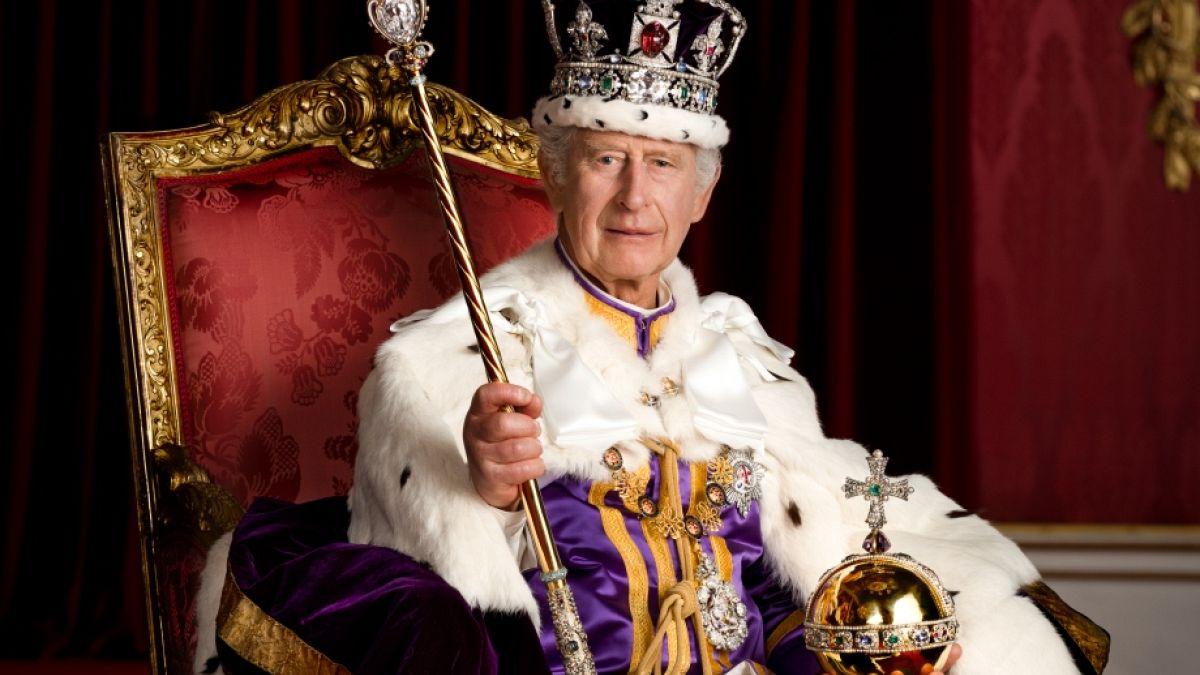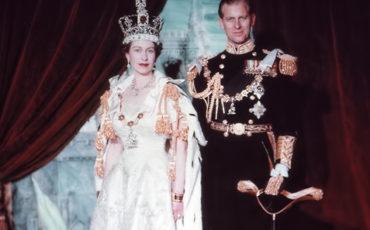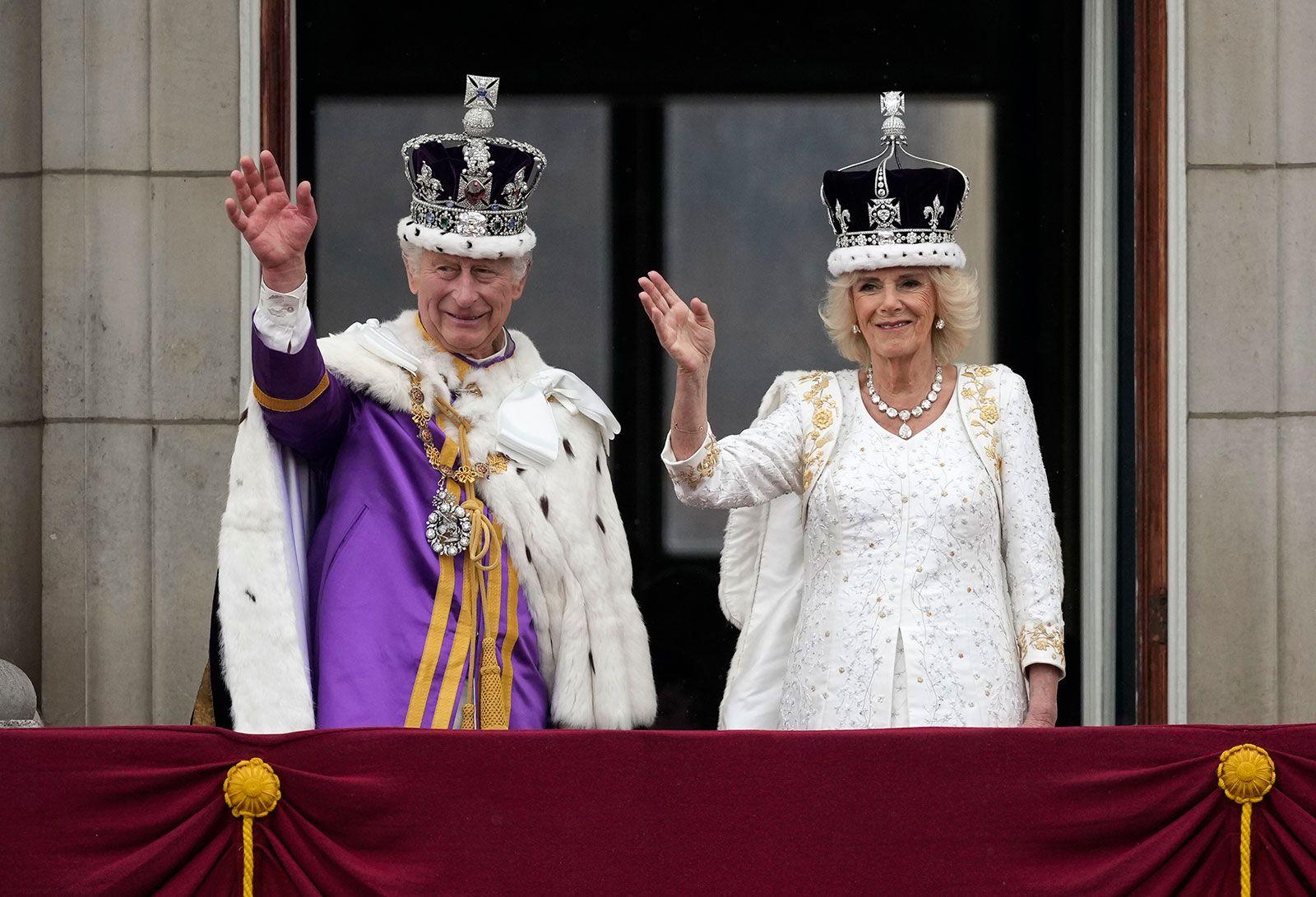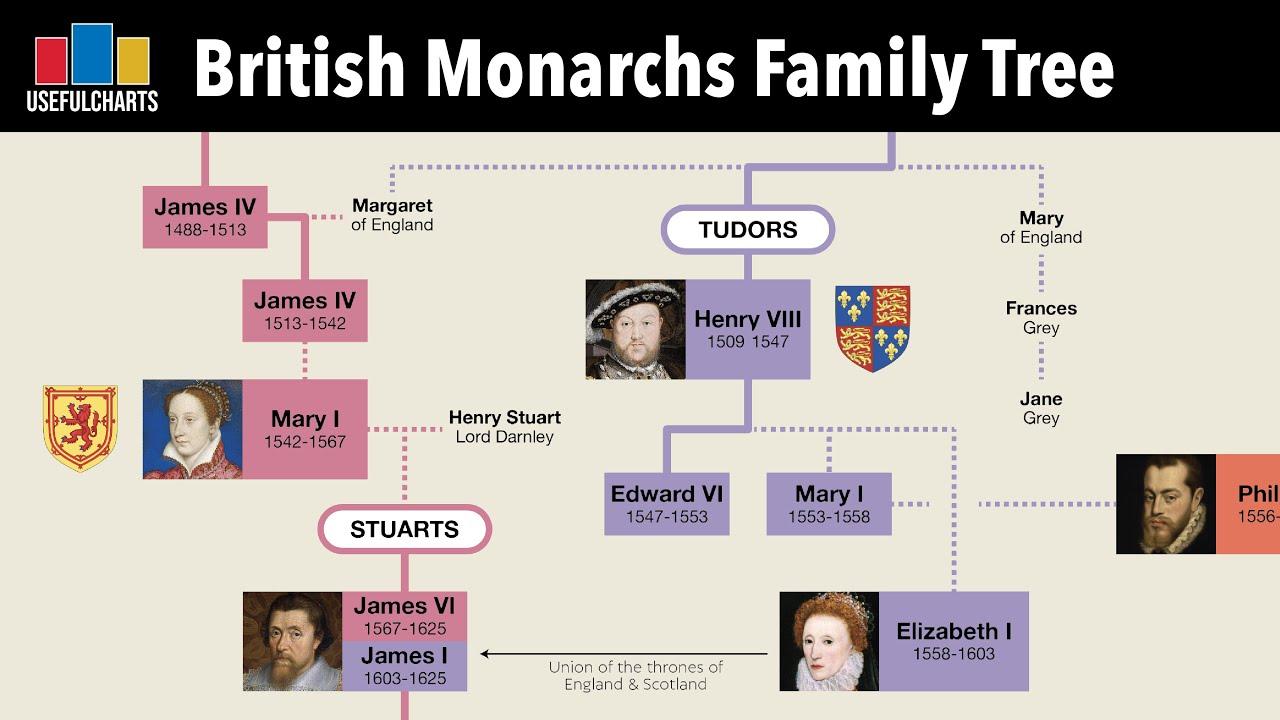The British Monarchy, with its centuries-old traditions and regal pageantry, stands as one of the most enduring institutions in the world. Yet, beneath the surface of royal ceremonies and public fascination lies a complex and often contentious legacy that continues to shape modern discourse. “” delves into the intricate tapestry of history, power, and influence that has defined the monarchy’s role both within the United Kingdom and across the globe. As the institution navigates the 21st century, it faces increasing scrutiny and evolving public perceptions, prompting a reevaluation of its place in a rapidly changing world. This article critically examines the multifaceted impact of the monarchy, exploring its historical significance, cultural symbolism, and the challenges it encounters in an era of heightened awareness and demand for accountability.
The Historical Evolution of Monarchical Influence
The British monarchy’s influence has waxed and waned over the centuries, evolving in tandem with the political, social, and economic landscapes of the nation. From the absolute power wielded by medieval kings and queens to the more symbolic role they play today, the monarchy has continually reshaped itself to maintain relevance. In the medieval era, monarchs like William the Conqueror and Henry VIII held absolute authority, often clashing with the church and nobility to consolidate power. However, the signing of the Magna Carta in 1215 marked the beginning of a gradual shift towards a constitutional monarchy, as it curtailed the king’s absolute power and laid the groundwork for a system of checks and balances.
By the time of the Glorious Revolution in 1688, the British monarchy had begun to embrace a more ceremonial role, with Parliament assuming greater control over the governance of the country. This transition was not without its challenges, as evidenced by events such as the English Civil War and the execution of Charles I, which underscored the volatile relationship between the crown and the people. Today, the monarchy’s influence is primarily cultural and diplomatic, serving as a symbol of continuity and national identity. Despite this evolution, the legacy of the monarchy remains a topic of debate, encompassing a complex tapestry of tradition, power, and adaptation.
- Absolute Power: Medieval kings and queens held unchecked authority.
- Magna Carta: Initiated the shift towards constitutional monarchy.
- Glorious Revolution: Cemented Parliament’s role in governance.
- Modern Role: Symbolic and diplomatic influence.

Cultural Significance and Public Perception
The British monarchy, an institution steeped in history, carries a cultural significance that extends beyond the borders of the United Kingdom. It embodies a blend of tradition and modernity, acting as a symbol of continuity in a rapidly changing world. For many, the monarchy represents a connection to the past, a living embodiment of historical narratives that have shaped not only Britain but also former colonies. This connection is reinforced through royal ceremonies, such as the State Opening of Parliament and Trooping the Colour, which are imbued with centuries-old traditions that captivate global audiences.
However, the public perception of the monarchy is far from uniform. The institution is often seen as an anachronism by critics who argue it is out of touch with contemporary values of equality and democracy. This criticism is compounded by historical associations with colonialism and class privilege. Key issues influencing public opinion include:
- The financial burden on taxpayers to maintain the royal household.
- Perceived lack of transparency and accountability.
- Scandals and personal controversies involving royal family members.
These complexities highlight a divided perception: a revered symbol for some, a relic needing reform for others. The monarchy’s ability to adapt to societal changes while maintaining its historical essence remains a topic of ongoing debate.

Economic Impact and the Cost of Tradition
The British monarchy, with its grandiose ceremonies and historic estates, undeniably carries significant economic weight. Tourism is a major beneficiary, as the allure of royal events and residences like Buckingham Palace and Windsor Castle draws millions of visitors annually. This influx supports local businesses, from hospitality to retail, creating a ripple effect throughout the economy. Moreover, the monarchy serves as a powerful symbol of British culture, enhancing the country’s global brand and potentially boosting international trade and investment.
However, maintaining this centuries-old institution comes with substantial financial obligations. The costs associated with upkeep of royal properties, security, and state functions are considerable, funded largely by public finances. Critics argue that these resources could be better allocated to pressing societal needs. Furthermore, the monarchy’s economic impact is not evenly distributed, with benefits primarily concentrated in London and surrounding areas, leaving other regions largely unaffected. This imbalance raises questions about the true economic value of upholding tradition versus pursuing broader, more equitable economic strategies.

Navigating Modernity: Recommendations for a Future Monarchy
In the face of evolving societal norms and increasing demands for transparency, the British monarchy must adapt to maintain its relevance. Here are some recommendations for navigating the complexities of modernity:
- Embrace Transparency: The monarchy should consider more open communication channels to foster public trust. This might involve regular public addresses or increased access to royal activities through digital platforms.
- Cultural Sensitivity: As a symbol of national identity, the monarchy must be attuned to the multicultural fabric of contemporary Britain. This includes recognizing and celebrating diverse cultural events and ensuring representation within royal initiatives.
- Environmental Leadership: Given the global urgency of climate change, the royal family could play a pivotal role in advocating for environmental sustainability, both through their personal actions and public endorsements.
- Modernized Traditions: While tradition is a cornerstone of the monarchy, revisiting outdated practices could help align the institution with current societal values. This might include more egalitarian approaches to succession and royal ceremonies.
By thoughtfully integrating these strategies, the monarchy can continue to honor its historical legacy while evolving to meet the challenges of a rapidly changing world.
